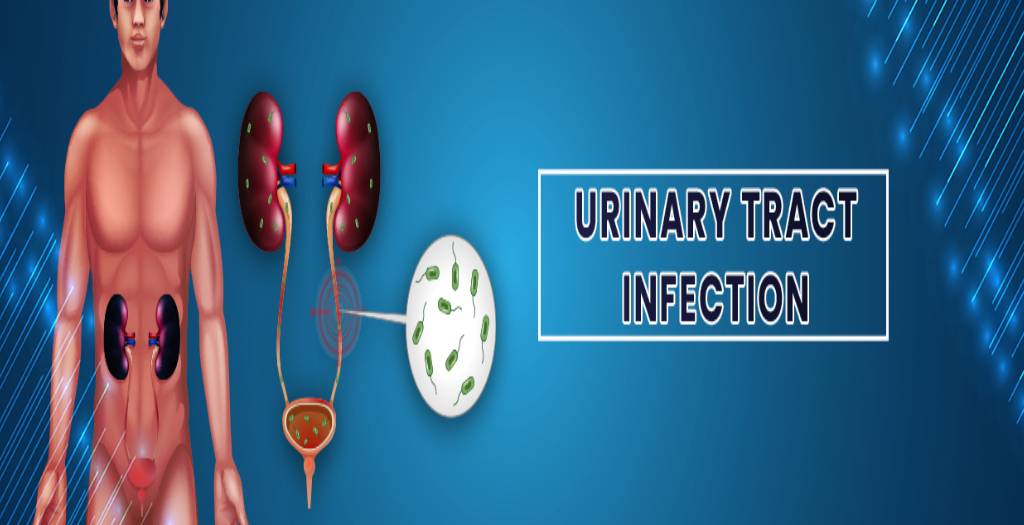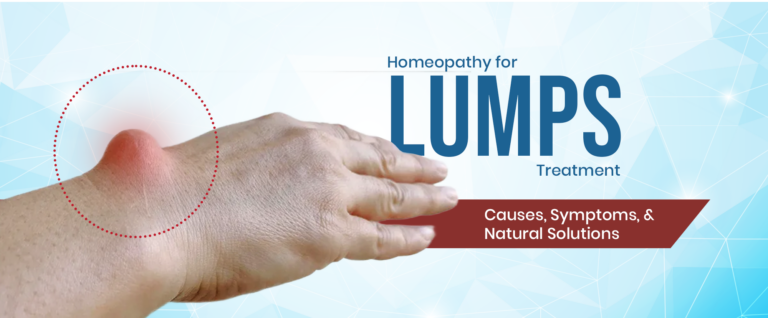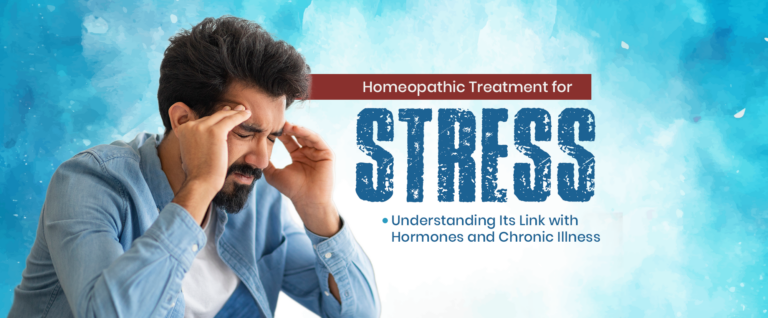Introduction of Urinary tract infection:
In this article, we will learn in detail about Urinary Tract Infections (UTIs), their symptoms, causes, diagnosis, and treatments. So please keep reading.
What is Urinary Tract Infection?
A urinary tract infection is an infection that occurs in any part of the urinary system like the bladder, kidney, urethra, and ureters. In most cases, urinary tract infections are caused by bacteria. However, in some cases, it may also occur due to fungi and viruses. The most commonly affected organs in the urinary system are the urethra and the bladder.
Prevalence of urinary tract infection worldwide
As per studies from 2023, the second most common infectious disease is urinary tract infection which affects more than 150 million individuals globally every year.
As per studies, the main epidemiological factors that influence the type of UTI, its causes, and resistance rates include the gender of the individuals, their age group, and geographical location.
Types of urinary tract infections:
Urinary tract infections can affect any area of the urinary tract. Depending on the area affected, each infection has its name. The types of urinary tract infections include,
Cystitis:
This infection occurs in the bladder. Cystitis can be complicated cystitis or uncomplicated cystitis. The symptoms of cystitis include a constant need to pee, discomfort while peeing, bladder pressure, cloud or bloody urine, and pain in the lower abdomen.
Urethritis :
It is the type of infection that affects the urethra. Urethritis may cause symptoms such as a burning sensation while peeing and constant discharge.
Pyelonephritis:
This is the type of infection that affects the kidneys. Symptoms of this infection include pain in the upper back, pain on the sides, chills, fever, nausea, and vomiting.
Urinary Tract Infection Causes:
In most cases, urinary tract infections occur when the bacteria enter the urinary tract through the urethra (the tube responsible for carrying urine out of the body) and start spreading into the bladder by multiplying. The urinary tract infection in most cases, is caused by the E. coli (Escherichia coli) bacteria. Some other types of bacteria that can cause urinary tract infections include Enterococcus faecalis, Staphylococcus saprophyticus, Proteus mirabilis, Klebsiella pneumoniae, etc.
Some of the potential causes of urinary tract infections include the following,
- Unprotected sexual activity
- Having anatomical abnormalities such as bladder prolapse or shortened urethra
- Having a weakened immune system
- Effect of certain medical conditions such as kidney stones or diabetes
- Using a catheter
- Incomplete bladder emptying
- Poor hygiene
- Not following the right hygiene practices
Risk factors for urinary tract infections:
These urinary tract infection risk factors include the following,
- Having trouble emptying the bladder completely
- Being sexually active
- Having vesicoureteral reflux causes the urine to go backward from the bladder and up into the kidneys
- Having a history of urinary tract infection
- Having urinary incontinence
- Having stones
- Family history
- Genetic factors
- Enlarged prostate in men
- Decreased levels of estrogen in women
- Using diaphragms or unlubricated condoms
- Using condoms that are treated with spermicide
Urinary Tract Infection Symptoms:
Upper tract UTI symptoms
Upper tract UTI affects the kidneys. The infections of the kidneys can become fatal if the infection spreads into the blood, causing urosepsis. It is important to be aware of the symptoms of upper tract UTI and get a timely diagnosis and treatment. The various symptoms of upper tract UTI include the following,
- Severe fever
- Nausea and vomiting
- Pain in the upper back
- Pain on the sides
- Chills
Lower tract UTI symptoms
When the urethra and bladder get affected by infections, it is called lower tract UTI symptoms. The various symptoms of lower tract UTI symptoms include the following,
- Cloudy urine
- A burning sensation when urinating
- Blood in the urine
- Pain in the rectum in men
- Pain in the pelvis area in women
- Cola colored urine
- Urine with a foul smell
- Increased urge to urinate but without passing a lot of urine
- Increased urge to urinate
Men who get infected by urinary tract infections (UTIs) usually experience the same symptoms as women, however, they also experience pain in their rectum.
What are chronic UTIs?
In most of the cases, urinary tract infections (UTIs) go away with proper treatment. However, in some cases, UTIs may become severe and cause chronic UTIs. Chronic UTIs are those infections that don’t resolve after treatment and keep coming back after treatments. These chronic UTIs are commonly seen in women.
Diagnosis of Urinary tract infections:
The first step in diagnosing urinary tract infection involves the healthcare provider asking you questions about your medical history and the symptoms you are experiencing. To diagnose urinary tract infections, your doctor may ask you to undergo some of the following tests,
Urine tests:
These tests are performed to check for the presence of red blood cells, white blood cells, and bacteria in your urine.
Urine Culture:
This test is performed to let the bacteria in the urine sample grow. Once the culture is ready, it is used to determine which bacteria has infected you.
Urodynamics:
These tests are done to check if your bladder is functioning well or not.
Imaging tests:
Tests like ultrasound, IVP (intravenous pyelogram), and CT scans may also be recommended to check the spread of the infection and rule out the possibility of any other condition.
Urinary Tract Infection Treatment:
Homeopathy treatments are available for treating urinary tract infections. Homeopathy treatment works on the holistic healing approach. Homeopathy treatment for urinary tract infections helps relieve pain while peeing, sensitive bladder, cramping, frequent urge to pee, etc. These homeopathic remedies for urinary tract infections not only provide relief from symptoms of the urinary tract infection but also treat the underlying cause of the infection. Additionally, these homeopathic remedies also have minimal to no side effects.
Homeopathic doctors provide a complete diagnosis to thoroughly examine and understand the condition. depending on the underlying cause of the problem, a homeopathic doctor will prescribe the right treatment. As these treatments are personalized, they are effective in helping with long-term healing. At Dr Care, we provide the best homeopathic solutions for treating urinary tract infections. Our homeopathic experts have 20+ years of experience in providing holistic healing by addressing the root cause of the problem and providing personalized homeopathic remedies for it. If you are looking for a homeopathic doctor for a urinary tract infection contact the Dr. Care homeopathy team today.
Complications of Urinary Tract Infection:
The complications of urinary tract infections may arise when urinary tract infections are left untreated for long may include the following,
- Preeclampsia (a condition that causes a sudden increase in blood pressure during pregnancy)
- A permanent damage to the kidneys due to kidney infections from untreated urinary tract infection
- Repeated infections
- A low birth weight during delivery
- Symptomatic acute cystitis (A type of bladder infection)
- Chorioamnionitis (infection in the lower genitourinary tract that moves towards the amniotic cavity during pregnancy)
- Intrauterine death (death of the fetus in the womb)
- Intrauterine growth retardation (abnormal growth of the fetus in the womb)
- Anemia
- Acute pyelonephritis (a type of inflammation occurring in the kidneys)
- Premature delivery
- Narrowed urethra in men
- Sepsis (a life-threatening inflammation occurring in the body)
Urinary Tract Infection Prevention:
These UTI preventive measures include the following,
- Good hygiene practices like cleaning hands before and after using the toilet
- Frequently emptying the bladder by peeing as soon as you feel the need to pee
- Emptying the bladder completely
- Avoid holding your pee for long hours
- Staying hydrated by consuming plenty of water and fluids throughout the day
- Wiping from the front to the back after using the toilet
- Avoiding wiping back and forth using the same toilet paper
- Taking showers instead of baths
- Using gentle and non-scented soaps
- Not using feminine hygiene products available in the market such as sprays and scented products as they may cause irritation
- Avoid using sponges and loofas as they may retain the bacteria even after being cleaned. Instead, you can use a washcloth while taking a shower.
- Using gentle water base lubricants during sexual activities
- Drinking cranberry juice or consuming its extracts as some studies suggest can help with UTI. Although more studies are required regarding the use of cranberry for UTIs
- Avoiding the usage of unlubricated condoms, diaphragms, or condoms that are treated with spermicides
Conclusion of Urinary Tract Infection:
Urinary tract infections are those infections that affect the urinary tract caused by bacteria. Individuals also affected with UTIs may experience symptoms like a strong frequent urge to urinate, a burning sensation while peeing, cloudy urine, urine with a foul smell, blood in urine, pain and discomfort in the abdomen. To provide the treatment for UTI, your healthcare provider will conduct a few tests such as urine test, urinalysis and imaging tests. Depending on your symptoms, the type of bacteria or microorganism and your overall health, your healthcare provider will prescribe the right treatments.
Homeopathy is gaining popularity rapidly due to its various benefits to health. Homeopathy is the holistic way that helps by treating you as a whole. If you have UTI, then homeopathy for UTI will be an ideal treatment approach for you as homeopathy not only helps with the symptoms of UTI, but also addresses the root cause of your problem. Homeopathy remedies also help improve immunity by enhancing the immune system. This helps prevent the infections from coming back in the future. Another benefit of homeopathy is that it has minimal to no side effects. If you are looking for a homeopathic doctor to get treated for urinary tract infection, contact the Dr Care team today. We at Dr Care provide personalized homeopathic treatments to ensure your long-term health remains uncompromised.





